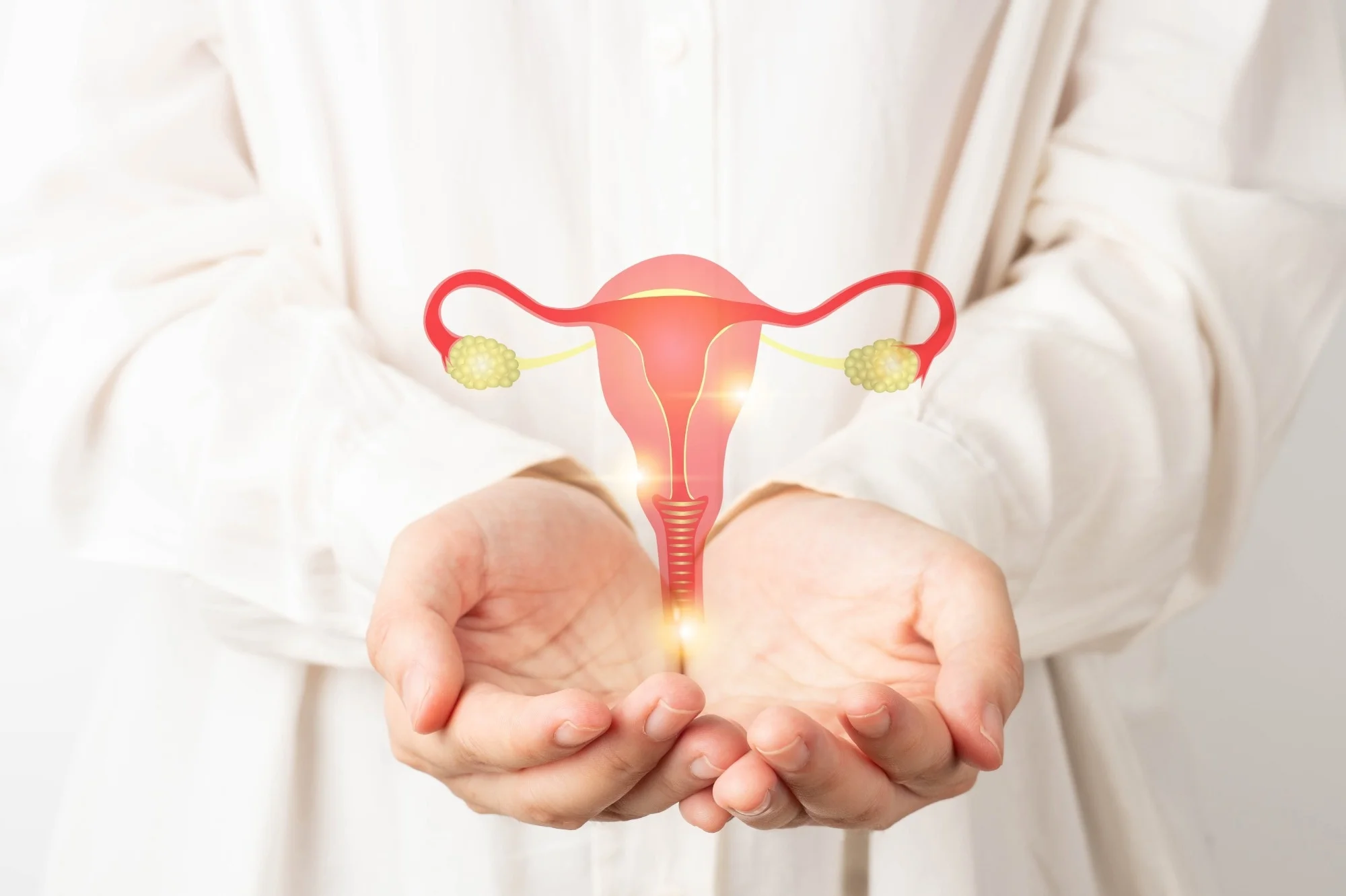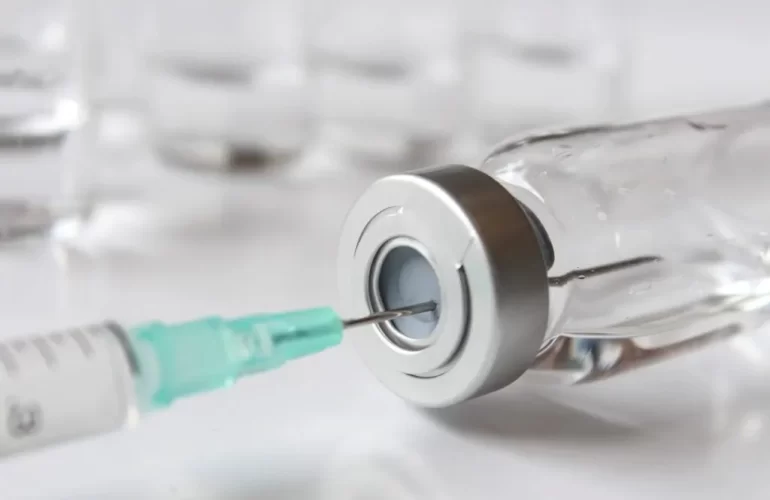When it comes to female fertility, one of the key factors is ovarian reserve—the number of eggs a woman has available for potential conception. Many women, particularly as they age, wonder if it’s possible to increase their ovarian reserve or egg count. In this article, we’ll explore whether it’s possible to boost egg count, the role of supplements and lifestyle changes, and debunk some common myths surrounding ovarian reserve.
Understanding Ovarian Reserve
Ovarian reserve refers to the quantity and quality of a woman’s eggs. Unlike men, who continually produce sperm throughout their lives, women are born with all the eggs they will ever have. As women age, the number and quality of their eggs naturally decline, impacting fertility.
Can You Increase Egg Count?
1. Supplements and Medications:
There is no magic pill to significantly increase ovarian reserve, but certain supplements and medications may help support overall reproductive health:
- Coenzyme Q10 (CoQ10): This antioxidant has been studied for its potential to improve egg quality, especially in women over 35. CoQ10 helps to protect eggs from oxidative stress and may enhance mitochondrial function, which is crucial for egg development.
- DHEA (Dehydroepiandrosterone): Some research suggests that DHEA, a hormone that declines with age, might improve ovarian reserve and egg quality, particularly in women with diminished ovarian reserve. However, it’s essential to use DHEA under medical supervision, as its effects and safety vary.
- Prenatal Vitamins: These typically contain folic acid, iron, and other essential nutrients that support reproductive health. While they don’t increase egg count, they can help ensure that your body is in optimal condition for fertility.
- Inositol: Often used for women with PCOS, inositol may improve insulin sensitivity and hormone balance, potentially enhancing egg quality and ovarian function.
2. Lifestyle Factors:
A healthy lifestyle is crucial for maintaining optimal reproductive health and may positively influence ovarian reserve:
- Balanced Diet: Consuming a diet rich in fruits, vegetables, whole grains, lean proteins, and healthy fats provides essential nutrients that support egg health. Omega-3 fatty acids, found in fish and flaxseeds, are particularly beneficial for reducing inflammation and supporting hormonal balance.
- Regular Exercise: Moderate exercise improves blood flow and overall health, which can positively impact reproductive function. However, excessive exercise may have the opposite effect, so balance is key.
- Stress Management: Chronic stress can affect hormone levels and overall health. Techniques such as mindfulness, yoga, and relaxation exercises can help manage stress and support fertility.
- Avoiding Toxins: Exposure to environmental toxins, such as pesticides, smoking, and excessive alcohol, can negatively impact egg quality. Reducing exposure to these toxins supports overall reproductive health.
Is Ovarian Reserve Genetically Determined?
Ovarian reserve is partly determined by genetics, but it is not solely predetermined. While women are born with a finite number of eggs, certain genetic factors can influence how quickly their ovarian reserve declines. However, lifestyle choices and health conditions also play significant roles.
Myths About Ovarian Reserve
- “You Can Significantly Increase your egg count with Supplements”: While some supplements may support egg health, they cannot dramatically increase the number of eggs. They can help optimize the conditions for existing eggs, but they won’t create new ones.
- “Ovarian Reserve Can Be Fully Restored with Treatment”: There is no treatment that can restore a woman’s ovarian reserve to its peak level. However, certain medical interventions can improve fertility chances by optimizing egg quality and supporting overall reproductive health.
- “All Women Experience the Same Rate of Decline in their Ovaries”: The rate of decline in quantity of eggs varies widely among women. Factors such as age, genetics, lifestyle, and underlying health conditions all influence this decline.
The Role of a Healthy Lifestyle
A healthy lifestyle is crucial for maximizing fertility and supporting overall reproductive health. While it may not increase the number of eggs, it can improve the quality of existing eggs and enhance the chances of conception. Key aspects include:
- Healthy Diet: Providing your body with the right nutrients can support hormonal balance and egg quality.
- Exercise: Regular, moderate exercise helps maintain a healthy weight and supports overall well-being.
- Stress Reduction: Managing stress levels can positively impact reproductive health and overall fertility.
In conclusion, while there is no guaranteed way to increase the number of eggs or ovarian reserve, certain supplements and lifestyle changes can support overall reproductive health and improve the quality of existing eggs. Understanding that ovarian reserve is influenced by both genetic and environmental factors helps in setting realistic expectations and taking proactive steps toward maintaining fertility. For personalized advice and treatment options, consulting with a fertility specialist is always recommended.
If you want more information please check out this video by Dr. Halil Ibrahim Tekin, as he explains this topic in detail.
Cyprus Crown IVF Contact: https://en.cypruscrownivf.com/contact
Cyprus American IVF Contact: https://www.cyprusamericanivf.com/contact-us/
Dr. Halil Ibrahim Tekin (Dr. HIT) Youtube: https://www.youtube.com/@dr.halilibrahimtekin1715
Cyprus American IVF Youtube: https://www.youtube.com/@AmerikanTupBebekMerkezi




